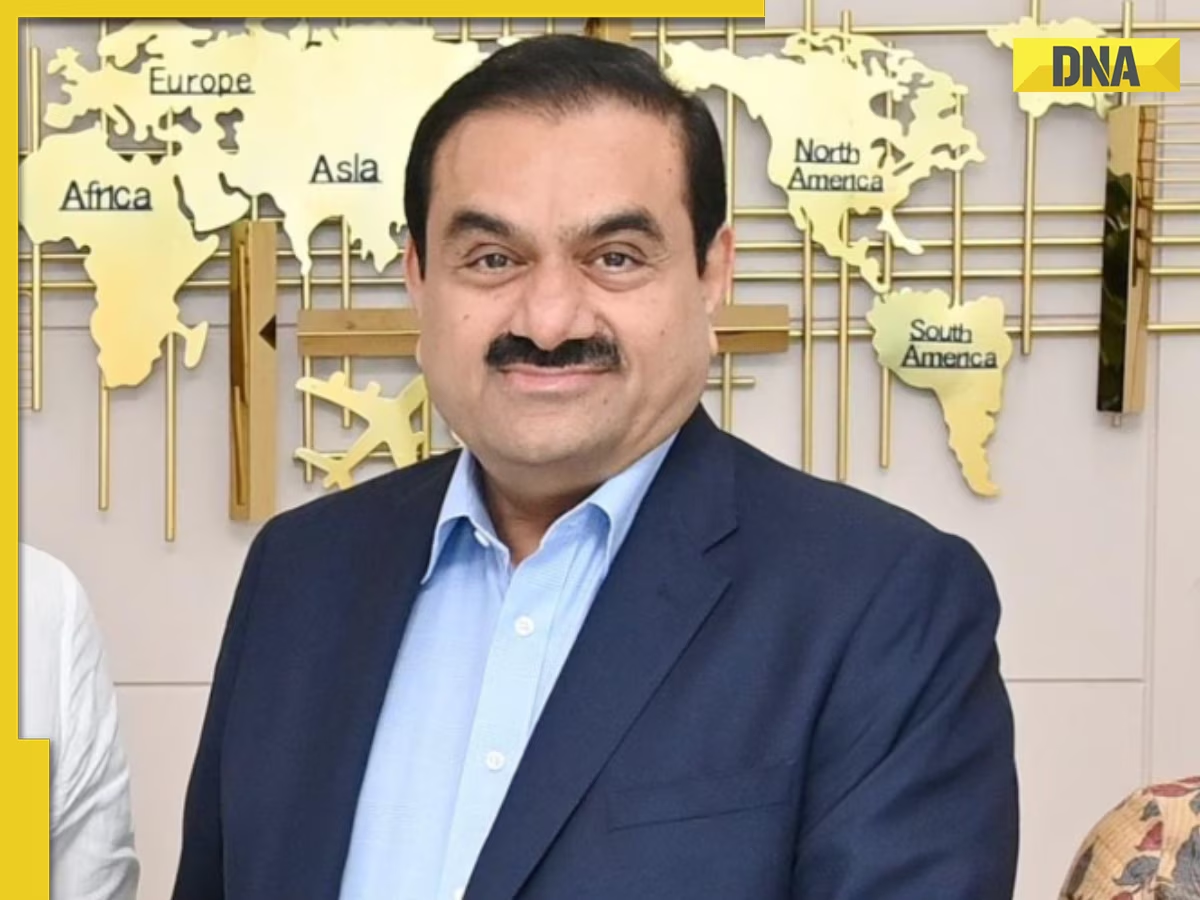Adani Wilmar Ltd (AWL), a prominent name in India’s food and FMCG industry, is a joint venture between the Adani Group and Wilmar International. Known primarily for its edible oil brand “Fortune,” AWL has broadened its reach by adding products like rice, wheat flour, pulses, sugar, and ready-to-cook foods to its portfolio, making it a major player in a rapidly evolving market. Below, we analyze AWL’s projected share price target from 2024 to 2030 and the key factors influencing its growth.
Current Performance Snapshot
- Current Price: ₹347.50
- Market Cap: ₹42,170 crore
- P/E Ratio: 43.79
- 52-Week High/Low: ₹410.50 / ₹285.80
Projected Share Price Targets
| Year | Projected Share Price Target (₹) |
|---|---|
| 2024 | 425 |
| 2025 | 557 |
| 2026 | 650 |
| 2027 | 708 |
| 2028 | 856 |
| 2029 | 912 |
| 2030 | 1050 |
These projections consider AWL’s strengths and market opportunities, along with the potential risks that could affect its growth.
Key Growth Drivers for AWL
- Increasing Demand for Edible Oils: Rising consumer interest in quality cooking oils continues to benefit AWL, particularly with its Fortune brand. This steady demand supports sales growth and helps maintain a stable market position.
- Product Diversification: Beyond edible oils, AWL has established a comprehensive product line that includes essentials like rice, wheat, pulses, and sugar, minimizing dependence on a single product and providing multiple revenue streams.
- Expanding Distribution Network: With a strong focus on both urban and rural markets, AWL’s widening reach enhances its brand visibility, especially in under-penetrated regions, bolstering sales and revenue growth.
- Supply Chain Efficiency via Adani Group: AWL benefits from Adani Group’s expansive logistics network, allowing it to maintain an efficient, cost-effective supply chain, which supports its profit margins in a price-sensitive market.
- Focus on Premium and Health-Oriented Products: AWL has moved into higher-margin products such as fortified oils and ready-to-cook meals. This focus on value-added offerings enhances profitability and aligns with current health and wellness trends.
- Positive Industry Prospects: The Indian FMCG sector is poised for steady growth due to rising incomes, urbanization, and lifestyle changes. AWL is well-positioned to leverage these trends to boost its revenue and market influence.
- Health & Wellness Focus: By introducing health-focused products like rice bran oil and low-cholesterol options, AWL taps into a health-conscious consumer base, fostering customer loyalty and potentially increasing sales.
Key Risks Impacting AWL’s Growth
- Volatility in Commodity Prices: AWL’s dependence on raw materials like palm oil makes it susceptible to fluctuations in global commodity prices. A rise in input costs could pressurize profit margins if prices cannot be passed on to consumers.
- High Competition: AWL operates in a highly competitive FMCG landscape. Competitors’ aggressive pricing or marketing tactics could impact AWL’s market share and price stability.
- Regulatory Changes: Changes in government policies, such as import tariffs or food safety regulations, may increase operational costs and influence AWL’s profitability.
- Dependence on Imports: AWL’s heavy reliance on imported raw materials makes it sensitive to currency fluctuations. An increase in the value of the U.S. dollar could raise import costs and affect profit margins.
- Shift in Consumer Preferences: The trend towards alternative oils, such as olive oil, may impact demand for traditional edible oils, requiring AWL to adjust its product lineup and marketing strategies.
- Supply Chain Disruptions: Disruptions from factors like natural disasters, geopolitical events, or transportation issues can impact product availability. Prolonged disruptions could harm revenue and stock performance.
- Economic Downturns: As a part of the FMCG sector, AWL is somewhat vulnerable to economic slowdowns. During times of high inflation or recession, consumers may cut back on premium purchases, affecting AWL’s revenue growth and stock price.
Conclusion
Adani Wilmar Ltd’s (AWL) share price outlook from 2024 to 2030 reflects its strong position in a growing sector, with significant opportunities in product diversification, rural market penetration, and premium product offerings. However, commodity price volatility, regulatory changes, and supply chain risks could influence its performance. On balance, AWL is well-positioned for steady growth, though monitoring of industry trends and economic conditions will be crucial to achieving its projected targets.
Disclaimer: The projections provided are for informational purposes only and do not constitute financial advice. Investing in the stock market involves risk, and past performance is not indicative of future results. Please consult a financial advisor before making any investment decisions.

Leave a Reply